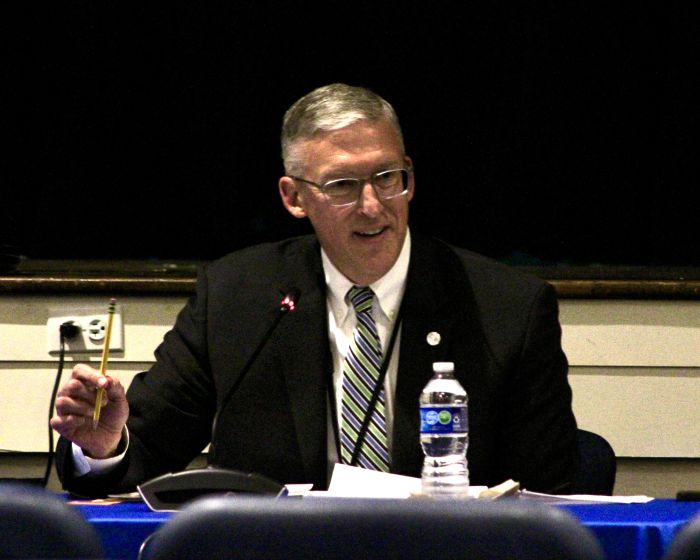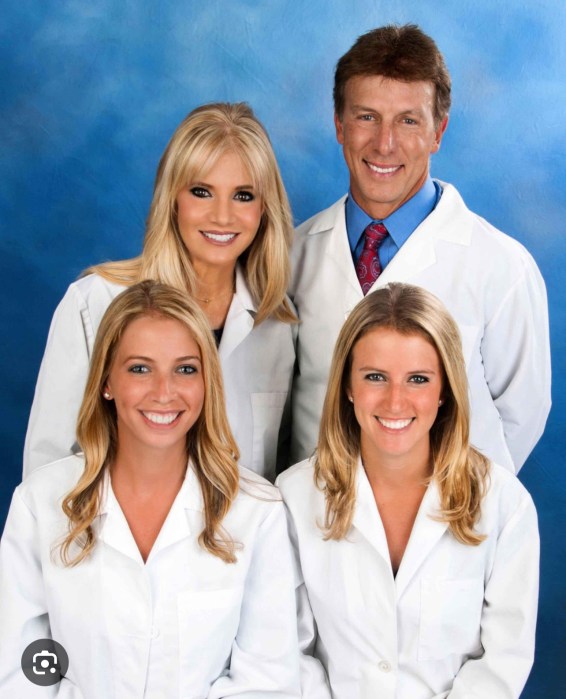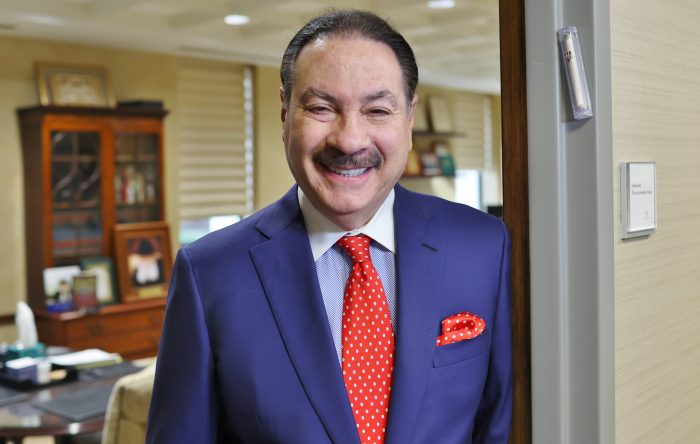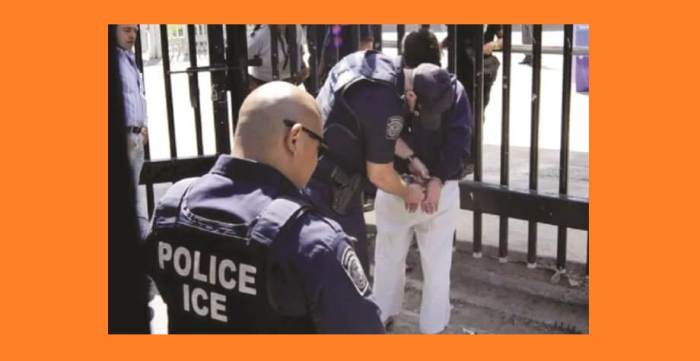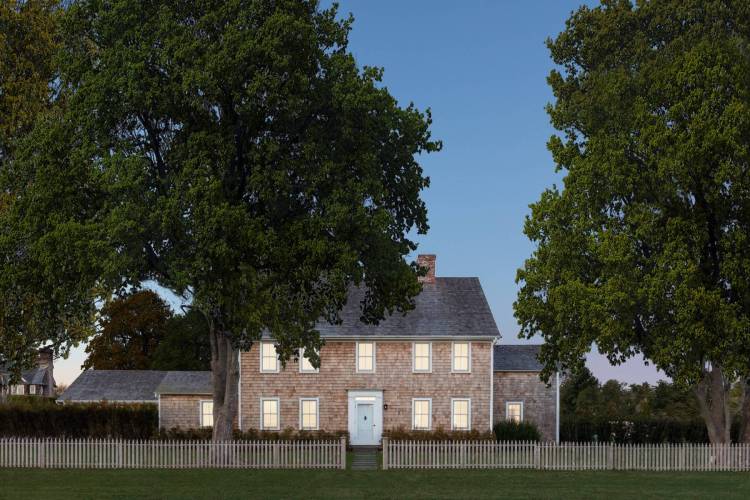Driving around suburbia these days it is clear to see who is watering their lawns and who is leaving it up to Mother Nature. “Mother”, it seems, has been neglecting this duty as a prolonged drought has kept the neighborhood bereft of needed rain.

(Photo by Prasannanossam3/ CC BY-SA 4.0)
The browning of our lawns does not mean the grass is dying. Rather it is a rather resourceful mechanism of self-preservation for these plants called “going dormant”—a process that keeps the lawns alive for around six weeks. At that point they’ll definitely need a drink or the blades will take on a grayish hue that indicates imminent death.
Nature’s behavior is actually a pretty good metaphor for summer. We stop doing what we usually do and enter into the dormancy called “vacation,” but now that September has crept up on us, it’s time to get back to a time of growth, as will the lawns, once the rains come and the cool weather approaches.
This time of year calls for a little more self-care, just as the lawn that emerges from dormancy will need mowing again—and perhaps a bit of fertilizer to prepare it for winter. It might be easy to forget this self-care because we now have the back to school activities including autumn sports and walk-a-thons and regular work demands. We need to close the pools and bring the houseplants in. So much to do. And while we might notice the effect of an un-mowed lawn after a few weeks, we might not notice the detrimental effect all this busy-ness has on us.
In some ways I appreciate that the Jewish holy days are celebrated at this time of the year. They give people a chance to slow down, to be self-reflective and to celebrate God’s blessings. There is a lot of self-care built into these days of prayer and community.
Of course as a pastor I want to make the case that “keeping holy the Lord’s Day” is good for all of us. For those of us who recognize Sunday as the Lord’s Day it is time to get beyond our past Covid excuses and just come back to pray together again. Many churches were able to stream their Masses and services during the time of pandemic and some of the faithful got used to watching from afar. But that is like Facetiming the family on Thanksgiving Day instead of going over the river and through the woods to grandmother’s house. “Being there” is one of the best forms of self-care possible.
It is also family care. Since the death of my parents, some of my close relatives are slowly moving away to jobs and homes out of state. Our best moments are when we can all be in the same room together, or even for some of us to be in the same car together as we travel to be with each other. Coming together in church is like that. Praying alone is like solitaire. It’s OK for a while but we need the sights and sounds, the smells and bells of worshipping God together. We are not meant to be mere observers of a community in prayer, we are to BE the community gathered together in prayer.
Recently I wrote this to my parishioners: “Could you imagine that parents would want their child to belong to a baseball team and then say, “You don’t really need to go to any games. Just join your team remotely!” This kind of belonging still connects their child with the team, but by not actually participating in person, the message is: “Your presence and participation doesn’t matter.” And how do you think the coach feels when team members are only remote members?
But when our children actually show up in person, real belonging takes place. Whether they are successful in playing the game or not there are so many other benefits as they are engaged with their friends and teammates. Parents too enjoy a bond with each other as they cheer on their players. And of course the relationship of players and coaches yields many good things.
But just as in the baseball example, if we let our children “watch” church instead of “being church and participating, a lot is lost. By not coming to church in person the message is: “Your presence and participation don’t matter.” And your spiritual coach (i.e. the pastor) really feels the loss of the “team” when few families come out to pray.
Just as parents plan on meeting up for a game—and often post-game activities—why not plan on meeting for church? Friends not only play together, but in a most wonderful way, they can pray together, giving honor to God, witnessing faith to the next generation, and growing in faith themselves. Please come to church in person.”
I’ll be watching as the grass recovers from dormancy and the brown returns to green. And I live in hope that people will discover the self-care, the family-care, the church-care that brings us all back from communal dormancy to grow together in faith in the days ahead.
Father Ralph Sommer is the pastor of St. Bernard’s Church in Levittown and is an Anton Media Group columnist.



